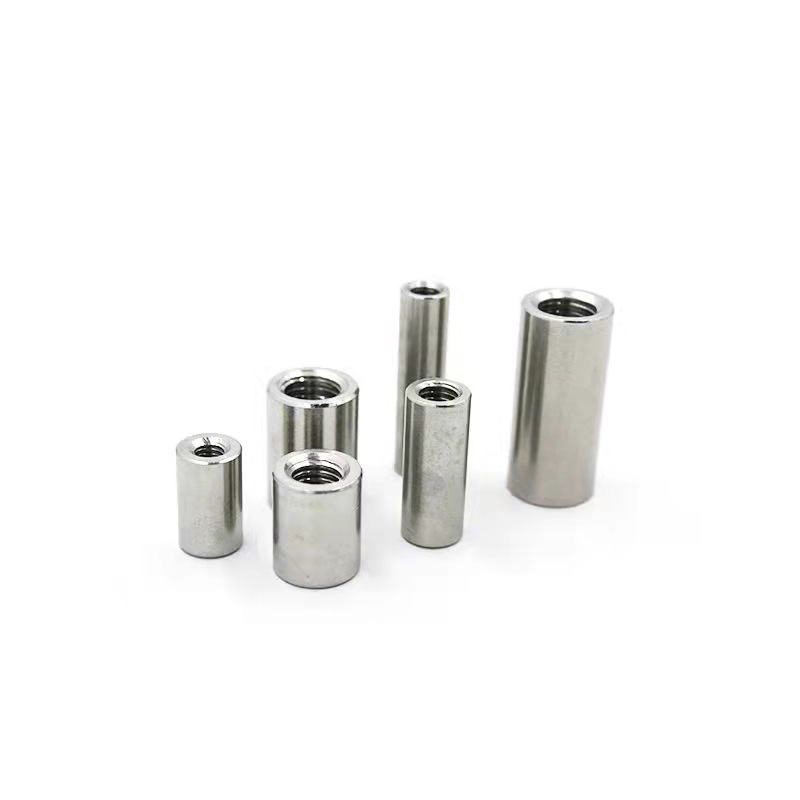 English
English Español
Español  Português
Português  русский
русский  Français
Français  日本語
日本語  Deutsch
Deutsch  tiếng Việt
tiếng Việt  Italiano
Italiano  Nederlands
Nederlands  ภาษาไทย
ภาษาไทย  Polski
Polski  한국어
한국어  Svenska
Svenska  magyar
magyar  Malay
Malay  বাংলা ভাষার
বাংলা ভাষার  Dansk
Dansk  Suomi
Suomi  हिन्दी
हिन्दी  Pilipino
Pilipino  Türkçe
Türkçe  Gaeilge
Gaeilge  العربية
العربية  Indonesia
Indonesia  Norsk
Norsk  تمل
تمل  český
český  ελληνικά
ελληνικά  український
український  Javanese
Javanese  فارسی
فارسی  தமிழ்
தமிழ்  తెలుగు
తెలుగు  नेपाली
नेपाली  Burmese
Burmese  български
български  ລາວ
ລາວ  Latine
Latine  Қазақша
Қазақша  Euskal
Euskal  Azərbaycan
Azərbaycan  Slovenský jazyk
Slovenský jazyk  Македонски
Македонски  Lietuvos
Lietuvos  Eesti Keel
Eesti Keel  Română
Română  Slovenski
Slovenski  मराठी
मराठी  Srpski језик
Srpski језик
What factors affect the process accuracy of fasteners cold-forged?
2025-11-05
Influencing factors
1. Material Properties
The hardness, toughness, and ductility of raw materials directly affect the fasteners cold-forged accuracy. Harder materials are more difficult to plastically deform, leading to a decrease in processing accuracy. For example, pure metals have better plasticity than alloys.
Common materials
| Material Category | Example Grades |
|---|---|
| Carbon Steel | Q235, 1035, 10B21, 1045 |
| Alloy Steel | 40Cr, 42CrMo, SCM435 |
| Stainless Steel | 201, 304, 316 |
2. Raw Material Metallographic Structure
The properties, shape, size, quantity, and distribution of multiphase structures affect the plasticity of materials to varying degrees. Defects such as grains, segregation, inclusions, bubbles, and porosity reduce the plasticity of metals.

3. Process Parameters
Parameters such as pressure, speed, and temperature in the fasteners cold-forged have a significant impact on processing accuracy. Different parameter selections lead to different deformations and dimensional deviations. For example, higher deformation temperatures result in stronger plasticity, and this increase in plasticity is not a simple linear rise. The setting of deformation mechanics conditions is also important. Compressive strain helps to maximize plasticity, while tensile strain is detrimental. Plastic processing methods with triaxial compressive principal stress diagrams and biaxial compressive and uniaxial tensile principal strain diagrams are more conducive to maximizing the properties of metals.




